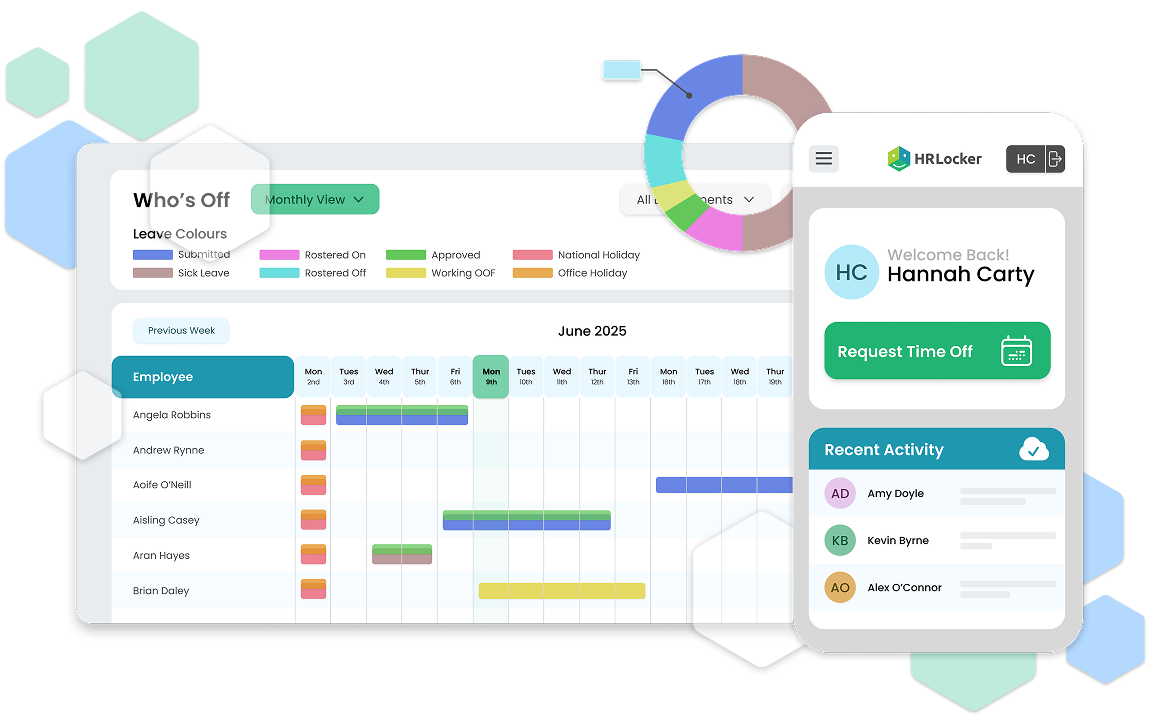In today’s world, there is a great emphasis on socially and ethically made products. Companies that demonstrate genuine social and environmental responsibility fare better than those that don’t. To future-proof your business, you must go beyond surface-level commitments and actively integrate sustainability into your operations. Here are several actionable tips to help you get started on your sustainability journey.
Embrace Remote Working
Environmental benefits
Remote working has gained popularity since COVID-19, primarily due to the need to protect employees. Beyond health benefits, remote working offers significant environmental advantages:
- Reduced carbon footprint: Eliminating daily commutes lowers fuel emissions, thereby reducing your company’s overall carbon footprint.
- Less waste production: With fewer people in the office, paper usage and general waste decrease significantly. Many companies have transitioned to paper-free operations.
Choose Sustainable Suppliers
Ethical sourcing questions
To ensure your business aligns with sustainable practices, scrutinise your suppliers. Consider asking the following questions:
- Labour conditions: What are the age and working conditions of the people producing your materials?
- Ethical harvesting: Are materials harvested ethically and sustainably?
- Biodiversity impact: Are suppliers maintaining biodiversity in harvesting areas?
- Pollution: Do factories contribute to air pollution in their regions?
- Transportation: Can you source materials closer to reduce transportation emissions?
Optimise Travel Management
Reducing business travel
Travel management involves minimising work-related travel to support sustainability:
- Limit unnecessary travel: Reduce the need for business trips by leveraging online conferencing tools.
- Cost savings: Decreasing travel also saves the company money and reduces its environmental impact.
Implement Workforce Incentives
Encouraging sustainable choices
Motivating employees to adopt sustainable practices can enhance overall company sustainability:
- Bike-to-work schemes: This initiative promotes healthier lifestyles and reduces the company’s carbon footprint.
- Commuter benefits: Incentives for alternative commuting options can also reduce environmental impact and support employee wellbeing.
Invest in Alternative Energy
Greener energy solutions
Switching to alternative energy sources can make a substantial difference:
- Electric vehicles: Consider purchasing electric cars or vans for company use to reduce emissions.
- Solar panels: Installing solar panels can lower energy costs and contribute to a greener workplace.
- Cost efficiency: Alternative energy sources can be more cost-effective in the long run.
By adopting these sustainable practices, your business can significantly contribute to environmental conservation while also improving its efficiency and reputation.

 2 min read
2 min read
 May 9, 2022
May 9, 2022 







